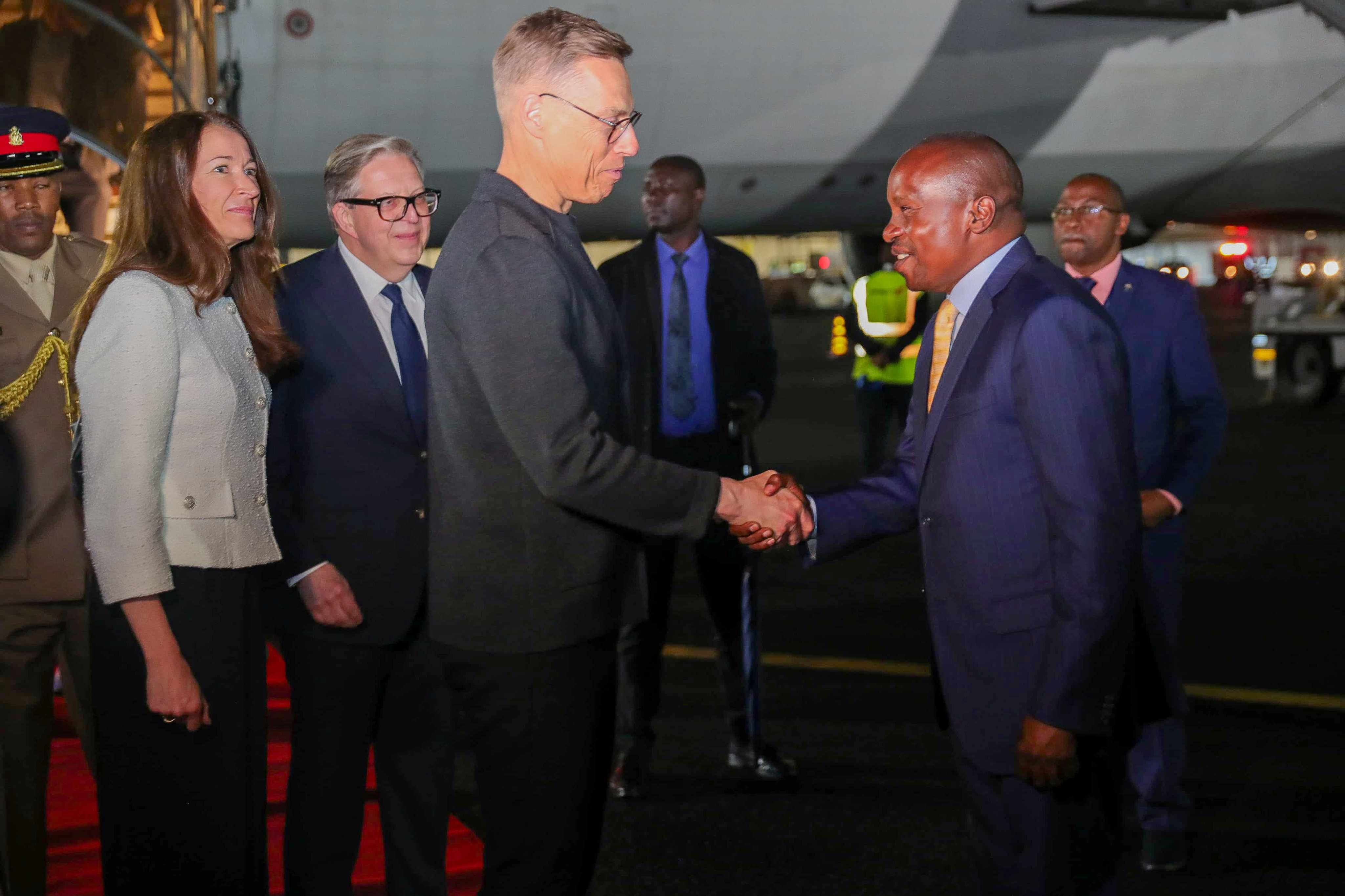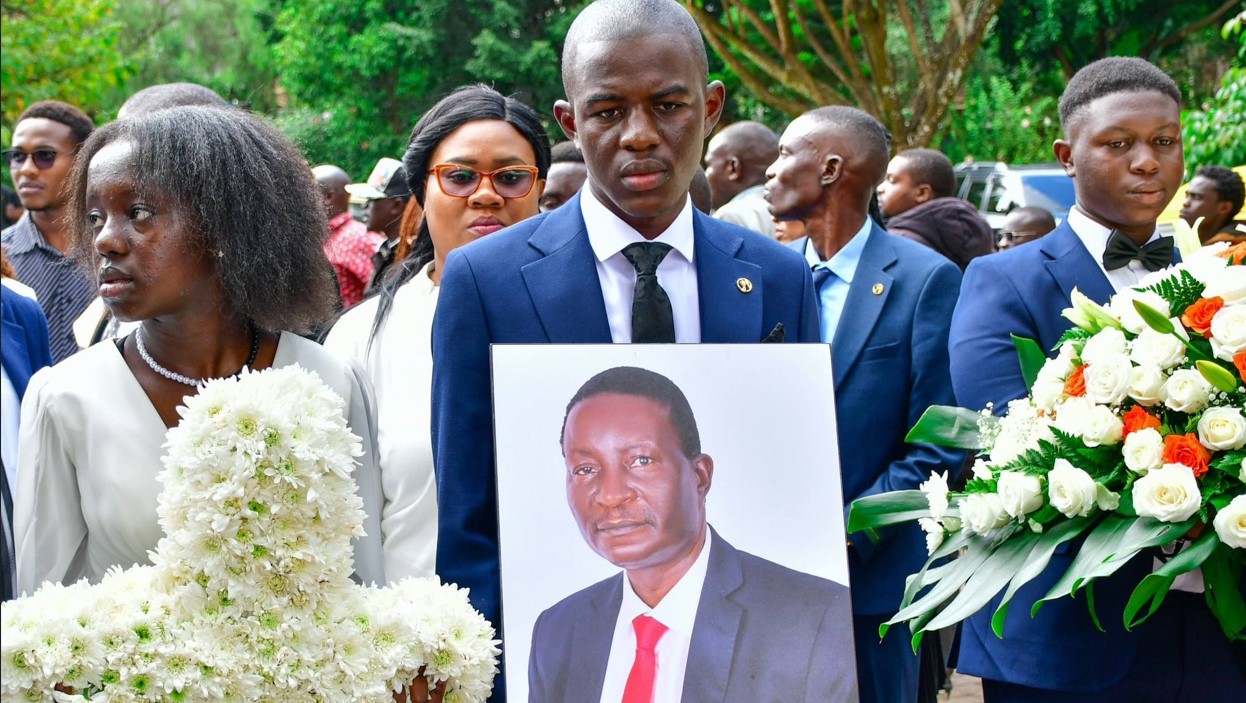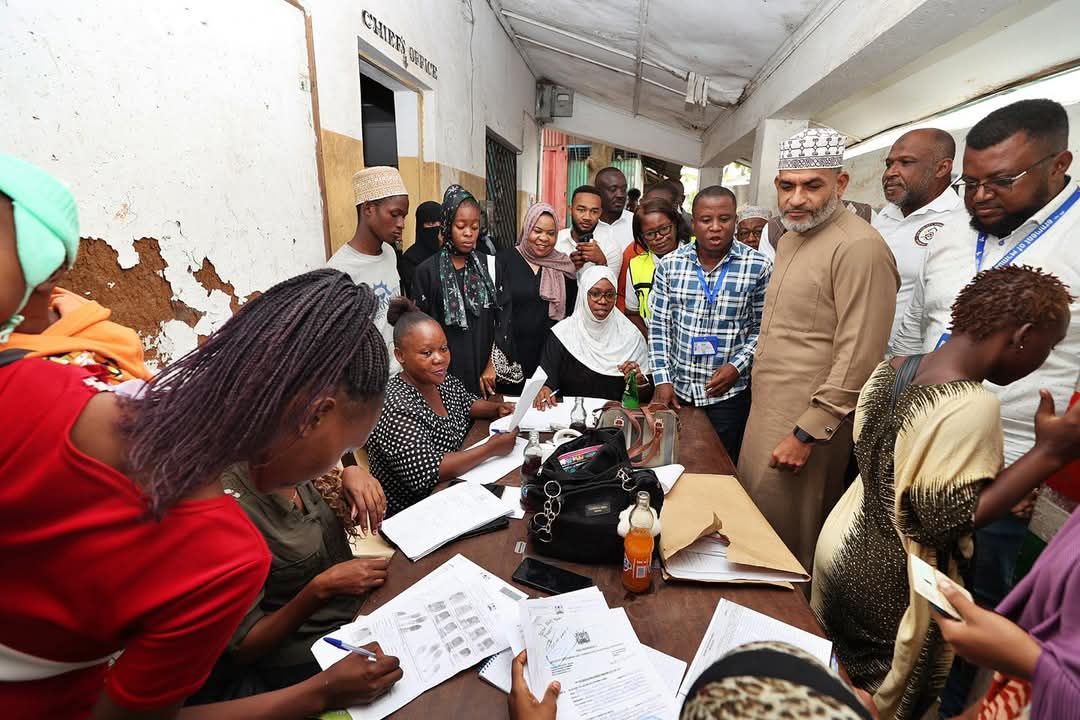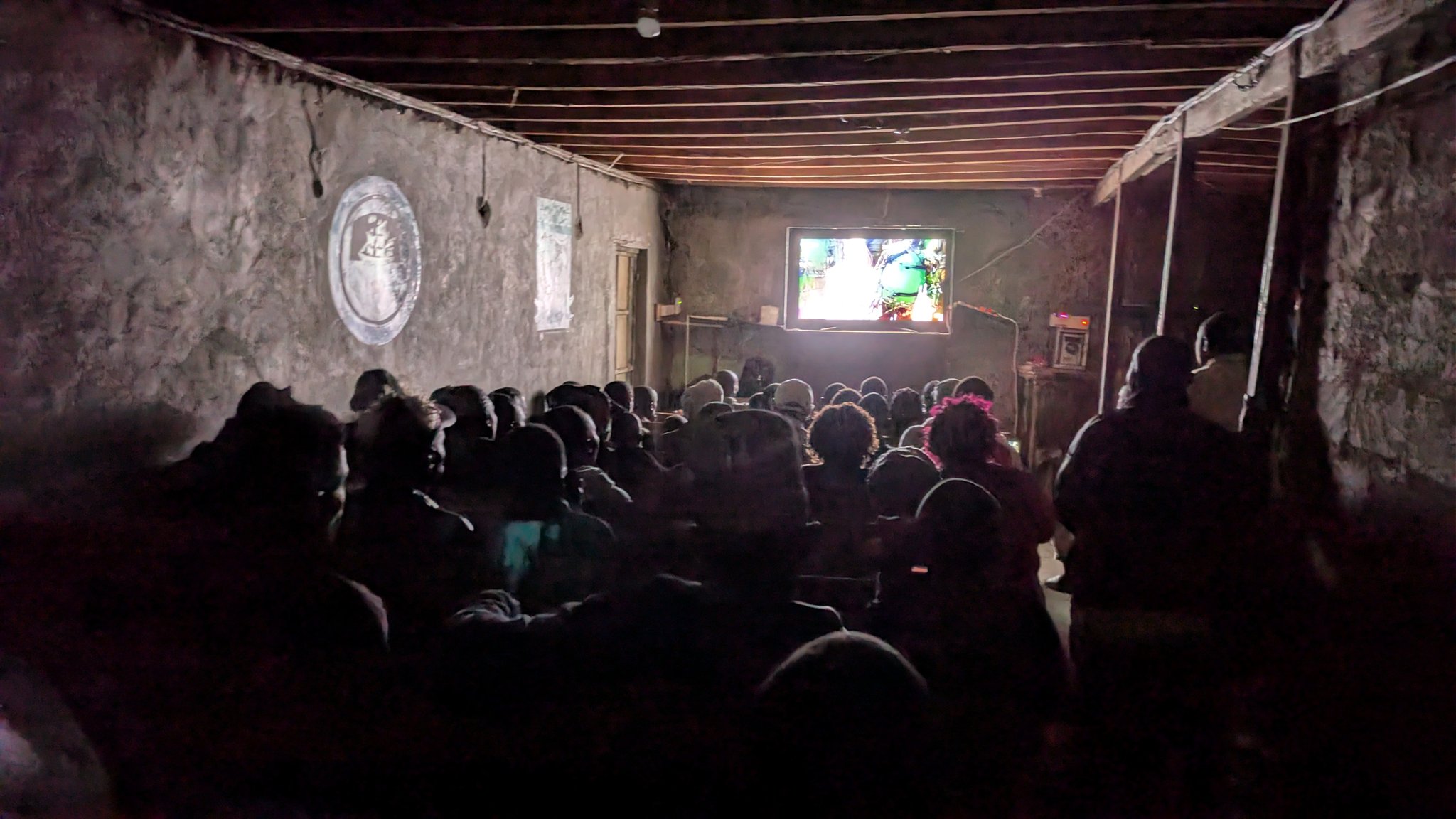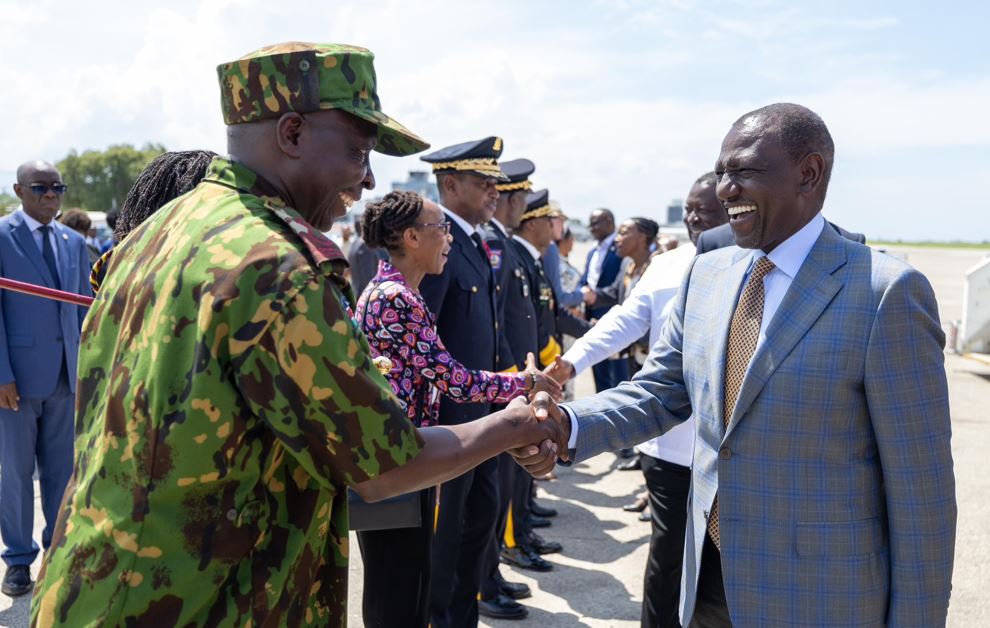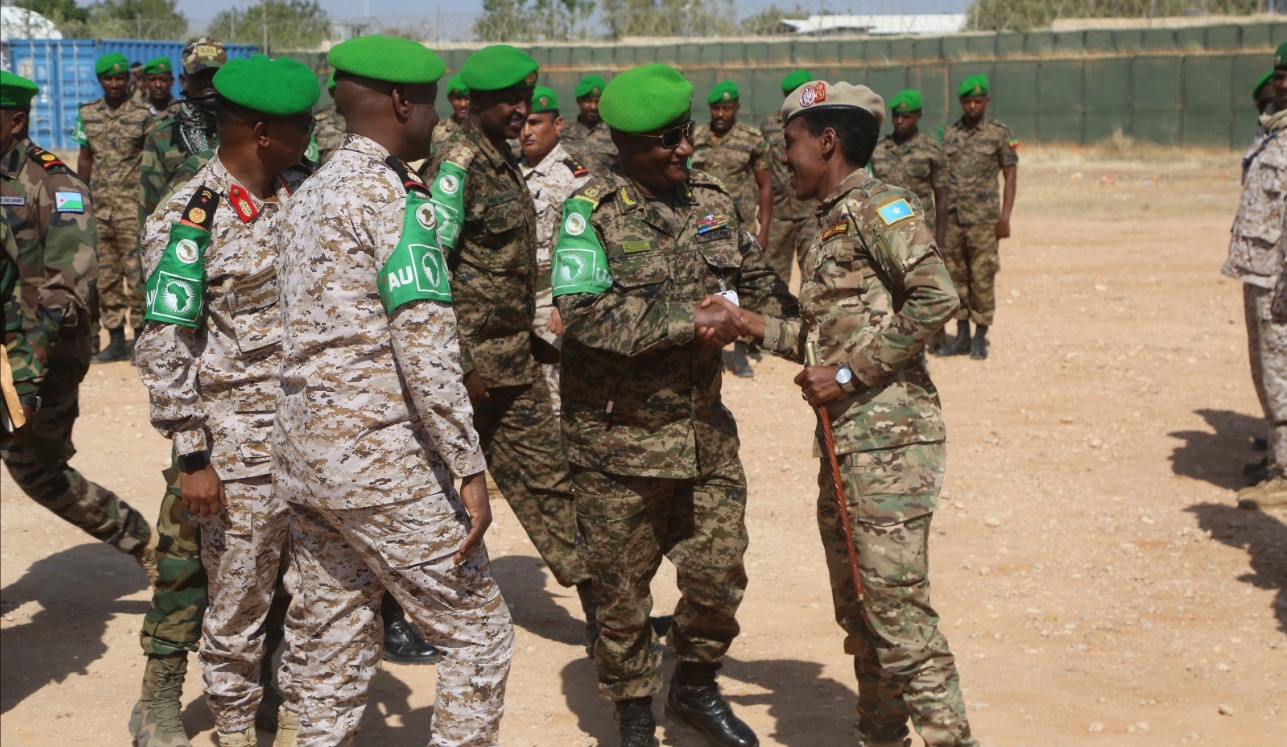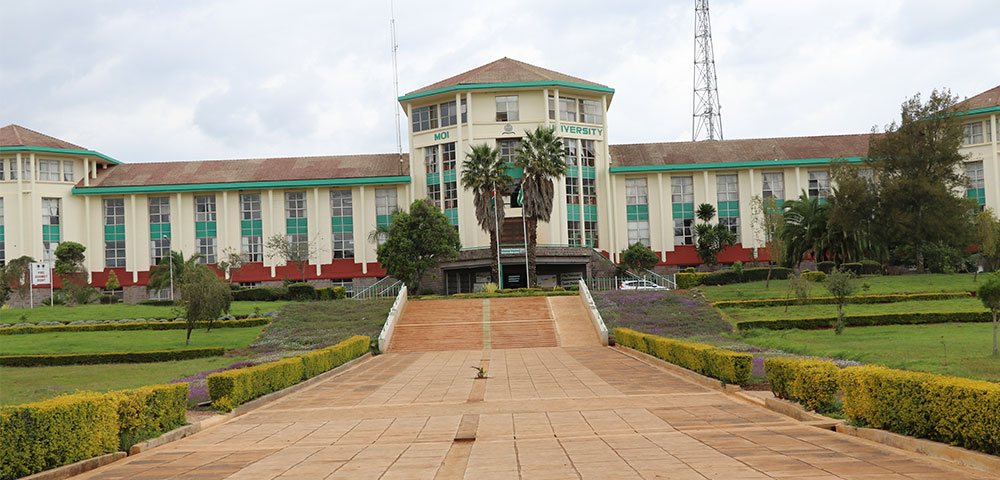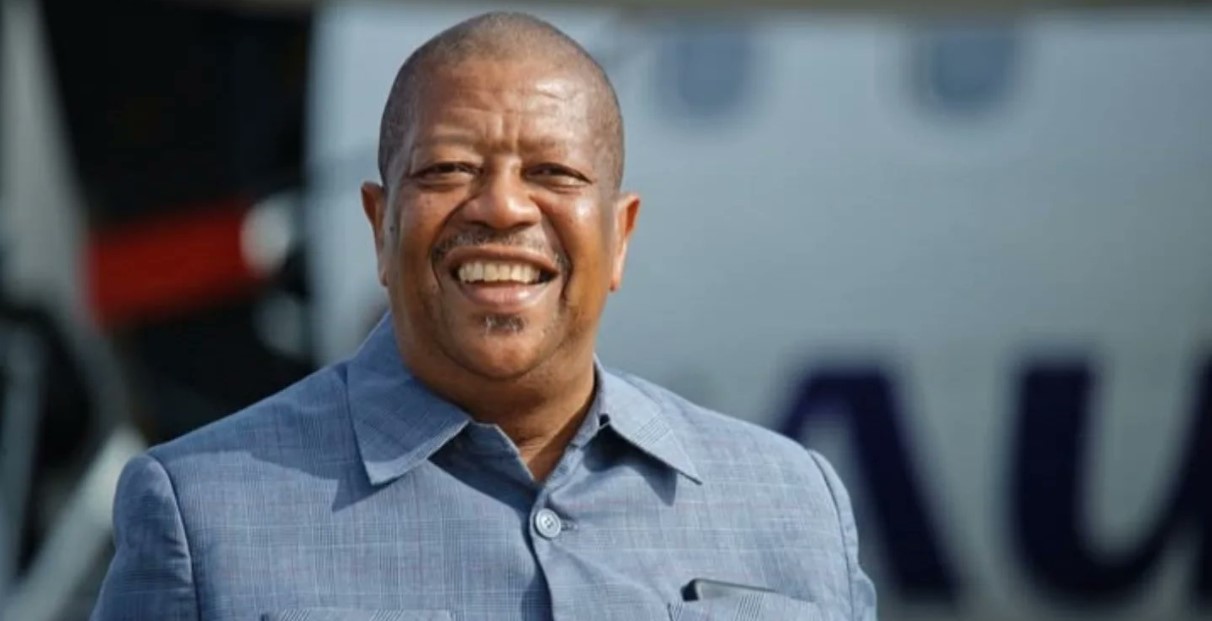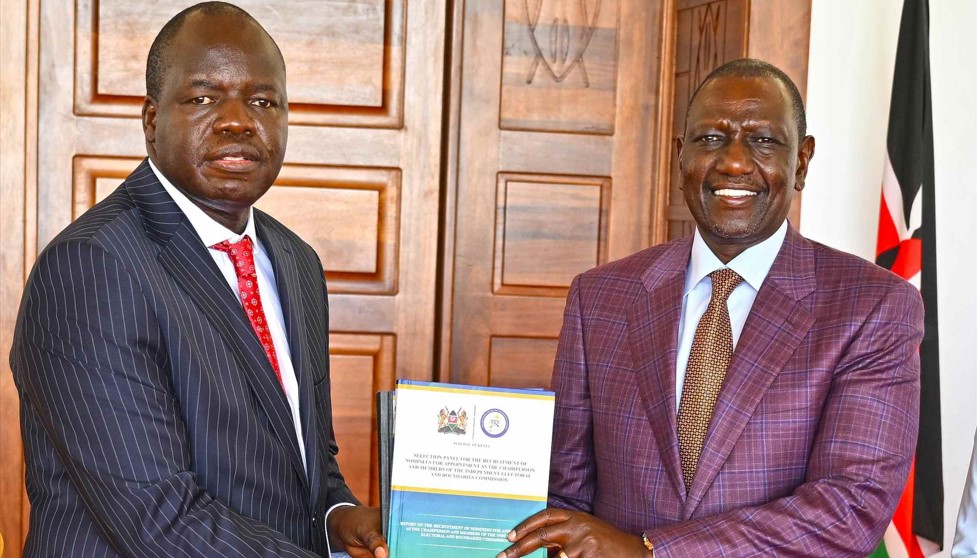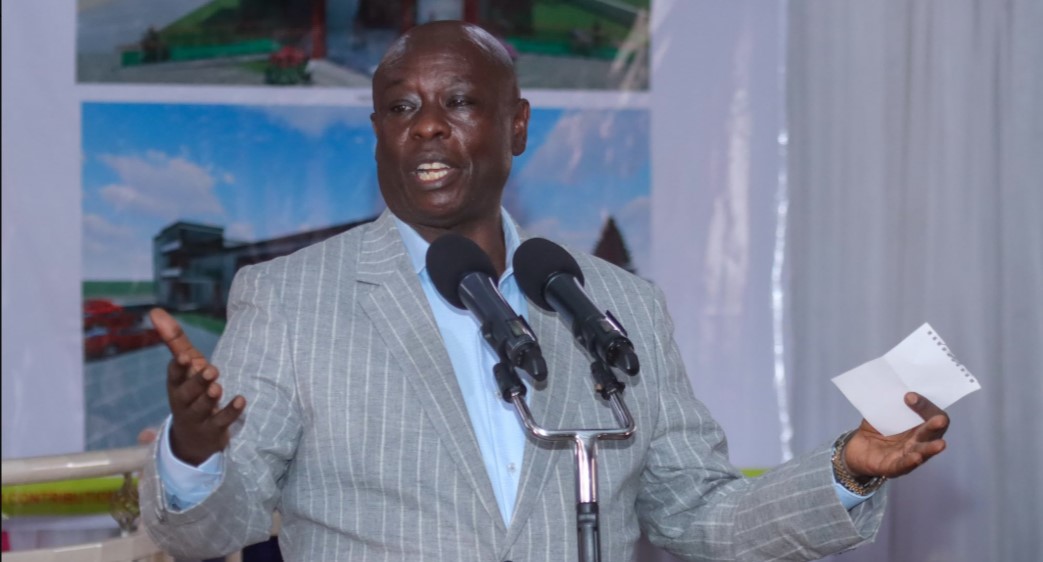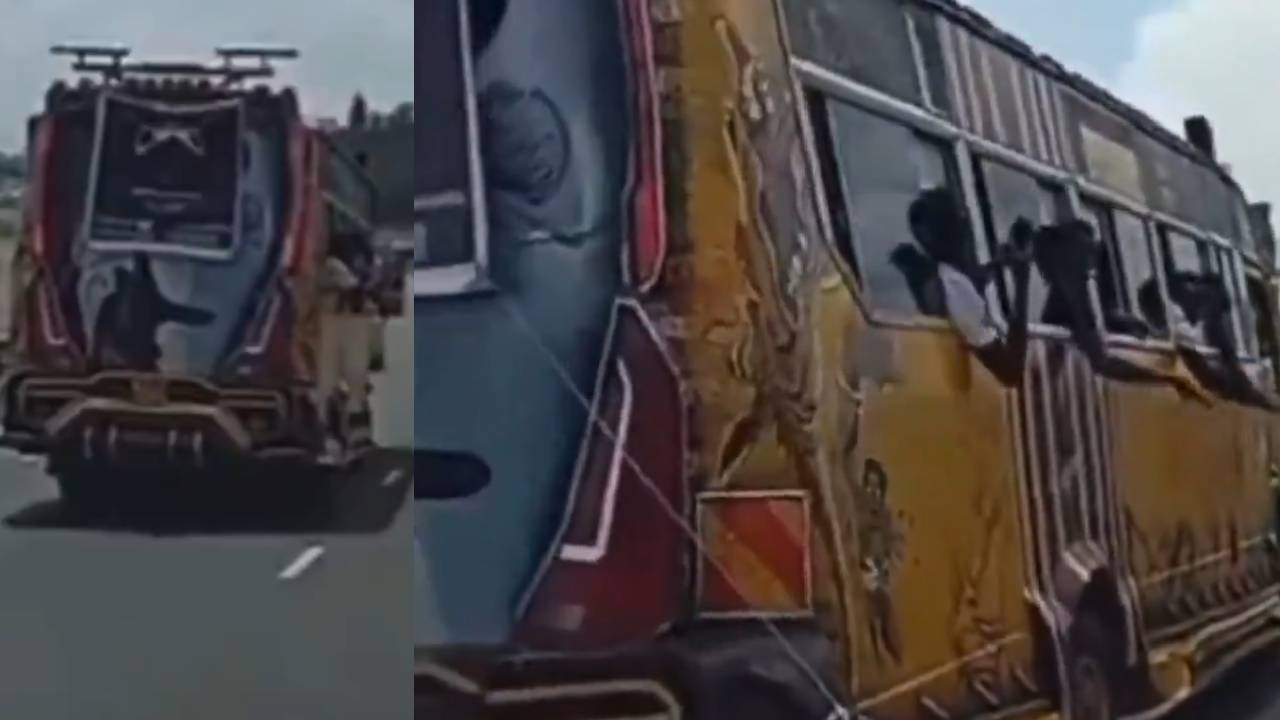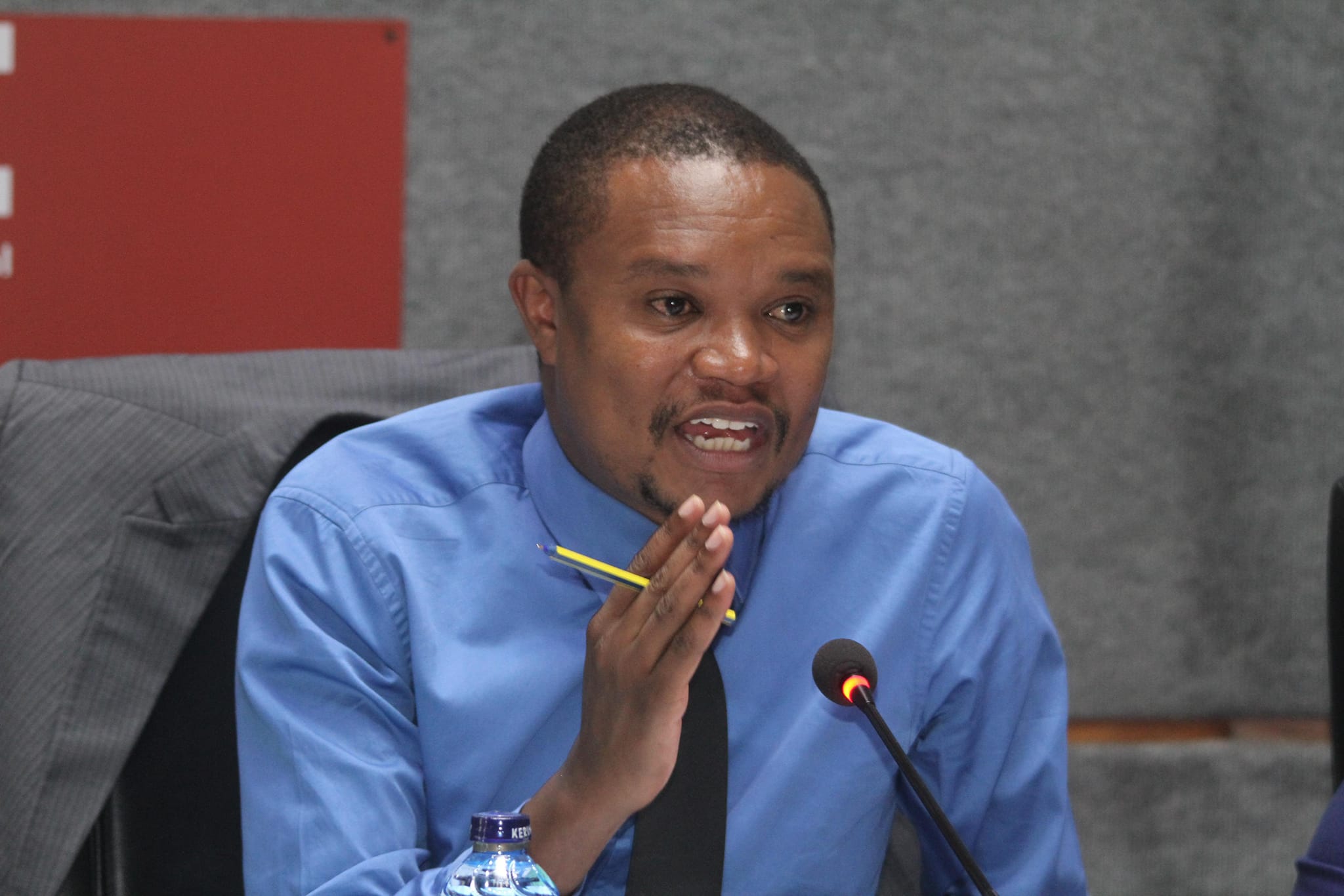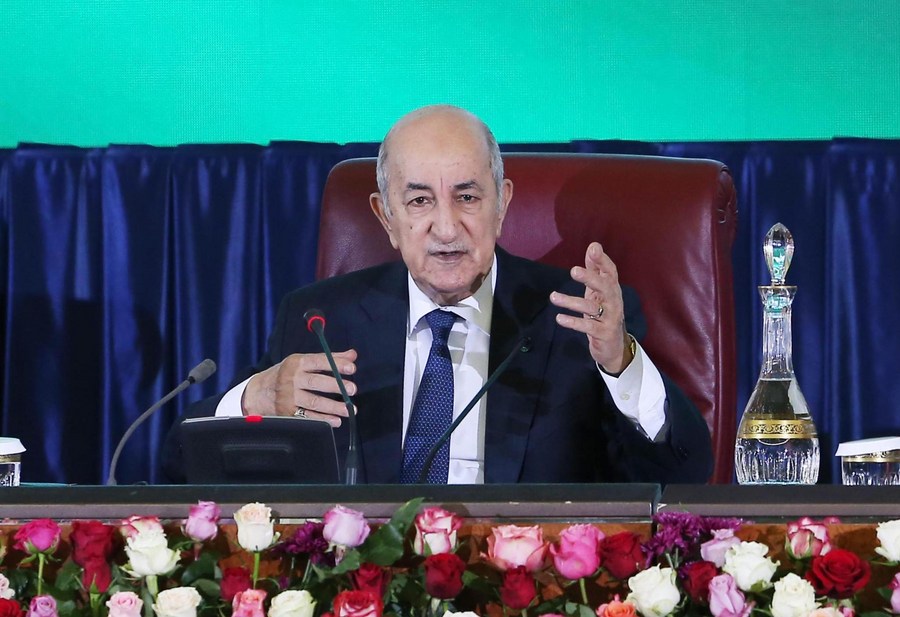South Africa heads for coalition as ANC support plunges
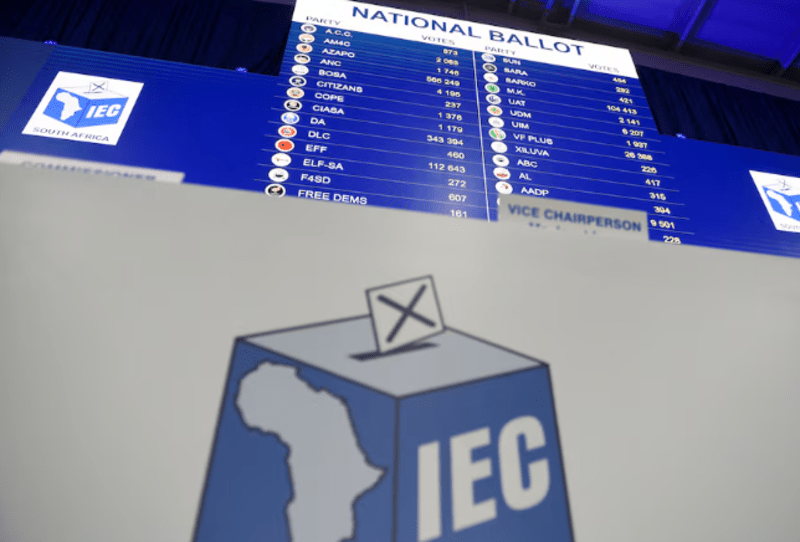
Political parties' share of the vote will determine the number of seats they get in the National Assembly, which then elects the next president.
South African parties geared up for coalition talks on Friday as the governing African National Congress (ANC) looked set to fall well short of a majority for the first time in 30 years of democracy.
While the party of the late Nelson Mandela looked likely to remain the largest political force after Wednesday's election, voters appeared to have punished the former liberation movement for years of decline.
More To Read
- South Africa overtakes Kenya as top venture capital investment destination – Report
- President Ramaphosa sets up inquiry into delayed apartheid-era prosecutions
- Tanzania lifts Ban on Malawi, South Africa agricultural imports after diplomatic truce
- Tanzania hits back at Malawi, South Africa with trade ban on agricultural products
- South Africa condemns Israel's bombing of hospitals in Gaza
- Tanzania threatens trade ban on Malawi and South Africa over continued import restrictions
With results from 61.2 per cent of polling stations, the ANC had 41.9 per cent of votes, a precipitous drop from the 57.5 per cent it secured in the last national election in 2019.
The pro-business Democratic Alliance (DA) was in second place on 23 per cent. uMkhonto we Sizwe (MK), a new party led by former president Jacob Zuma, was at 11.7 per cent and eating into ANC support, particularly in KwaZulu-Natal, Zuma's home province.
MK had overtaken the Marxist Economic Freedom Fighters (EFF), currently the third biggest party in parliament, which was sitting on 9.5 per cent.
Political parties' share of the vote will determine the number of seats they get in the National Assembly, which then elects the next president.
That could still be the ANC's leader, incumbent President Cyril Ramaphosa. However, an embarrassing showing at the polls risks fuelling a leadership challenge -- but the ANC's Deputy Secretary-General Nomvula Mokonyane said he would not resign.
"Nobody is going to resign ... Collectively, all of us, we still are confident that he (Ramaphosa) has to remain the president of the ANC," she told reporters at the results centre.
"The leadership of the ANC will meet, and structures of the ANC will be consulted. For now, we are not talking to anybody," she said.
The ANC had won every previous national election since the historic 1994 vote that ended white minority rule, but over the last decade South Africans have watched the economy stagnate, unemployment and poverty climb and infrastructure crumble, leading to regular power outages.
'Doomsday coalition'
Speculation was intense about which party or parties the ANC may approach to form a coalition and remain in government, or what other negotiations might be going on behind closed doors.
DA leader John Steenhuisen said calls would start over the weekend and his first move would be to meet other members of the Multi-Party Charter (MPC), an alliance of 11 opposition parties that was formed before the election to see whether it could be expanded.
"The election (has) taken place now, we've got to play the hand that the voters have given us so we will look at a variety of options that will exist," he told Reuters.
There was no clear path for MPC member parties to collectively secure more than 50% of the vote share and seats in parliament unless it enlisted one of the EFF or MK, which seemed highly unlikely. The DA, the biggest party in the MPC, has denounced those parties as extremists and said an alliance between them and the ANC would be a "doomsday coalition".
Before the election, Steenhuisen did not rule out partnering with the ANC to block such a coalition, although the DA has consistently denounced the ANC and said it wanted it out of power.
The uncertainty impacted the government bond market, with prices of the country's main internationally traded bonds down as much as 1.3 cents on the U.S. dollar. The falls were the third in a row and left the bonds at their lowest level in almost a month.
Investors and the business community have voiced concern over the prospect of the ANC entering a coalition with the EFF, which is calling for the seizure of white-owned farms and the nationalisation of mines and banks, or with Zuma's MK which also talks about land confiscation.
The results page on the electoral commission's website, which had been updating seamlessly since the start of the count, went blank for roughly two hours early on Friday due to a technical problem. The data reappeared shortly after 0700 GMT.
"The data in the data centre remains intact and the results have not been compromised ... Result processing continues unaffected," the commission said in a statement.
By law, the election commission has seven days to release full provisional results, but election officials have said they are planning for a Sunday announcement.
Top Stories Today
